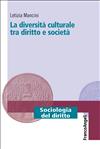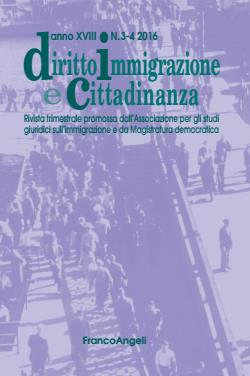
Il diritto rappresenta il mezzo attraverso il quale i diritti legati alla propria identità possono trovare riconoscimento, ma è al contempo un potente strumento di identificazione e di etichettamento, con conseguenze tutt’altro che trascurabili per le persone in termini di inclusione ed esclusione sociale. Il libro affronta queste tematiche e, con riferimento al contesto italiano, analizza il ruolo degli operatori del diritto – giudice e legislatore in particolare – nel riconoscere i diritti e nel favorire l’inclusione sociale, ricorrendo all’argomento della diversità culturale.
cod. 1525.56



